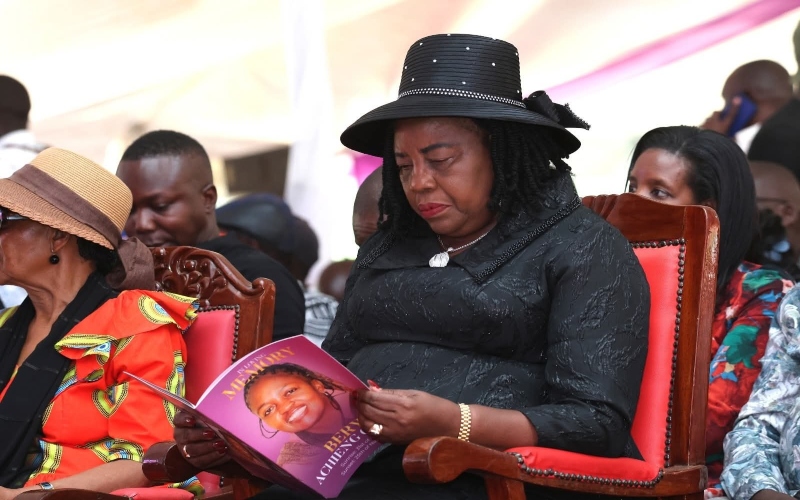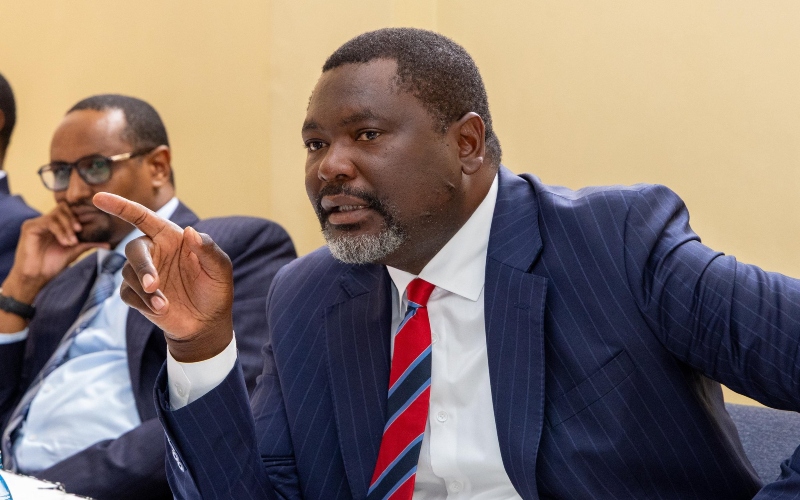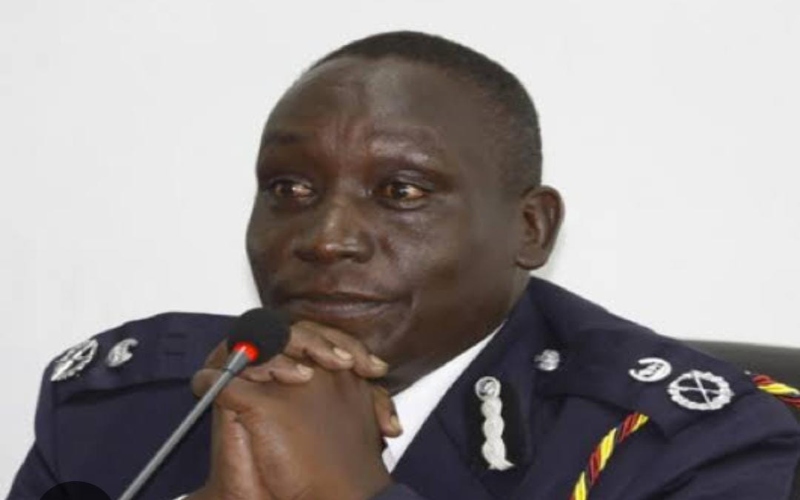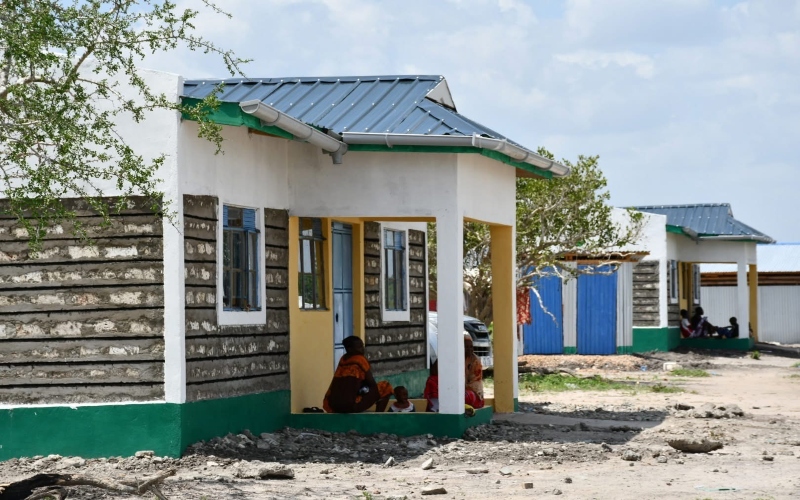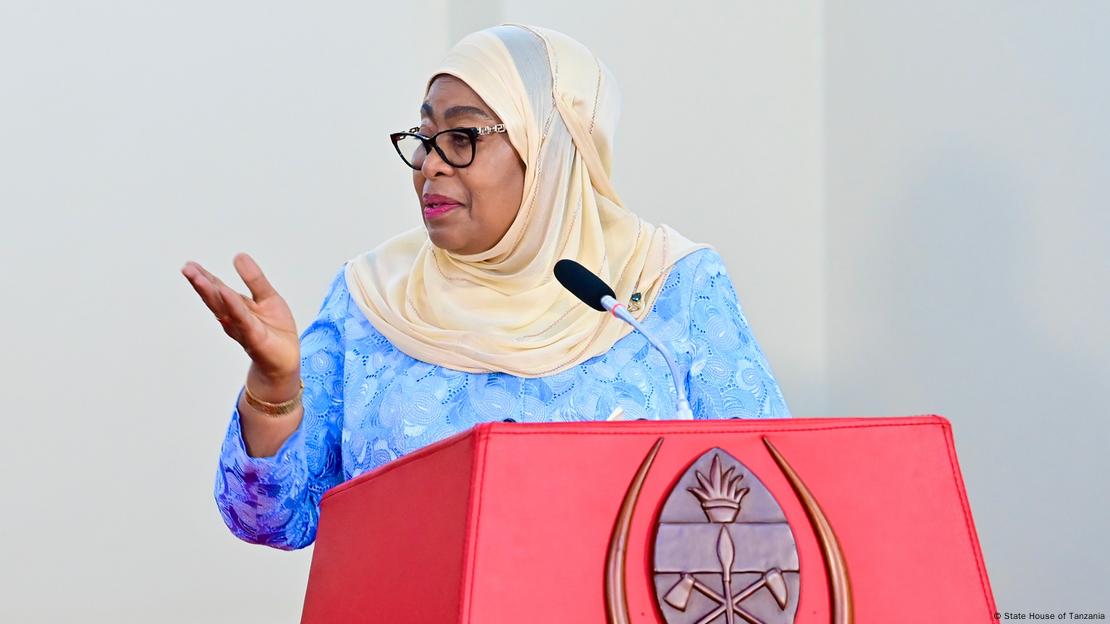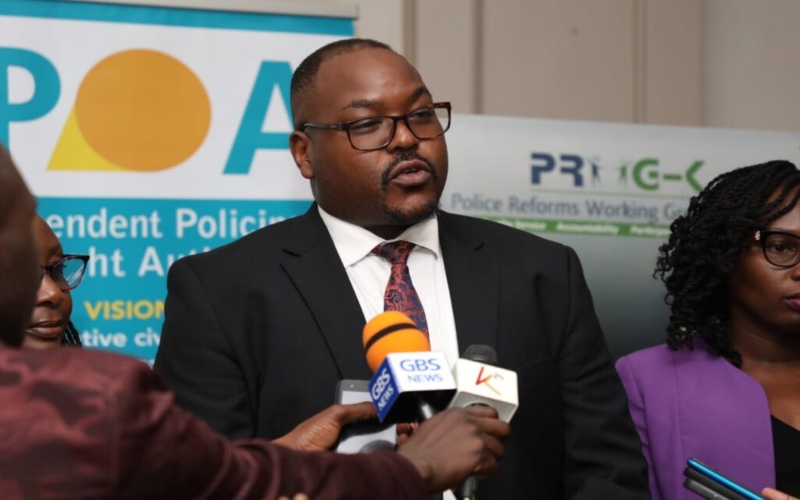Kenya’s forgotten children: The struggles of children left behind by British soldiers
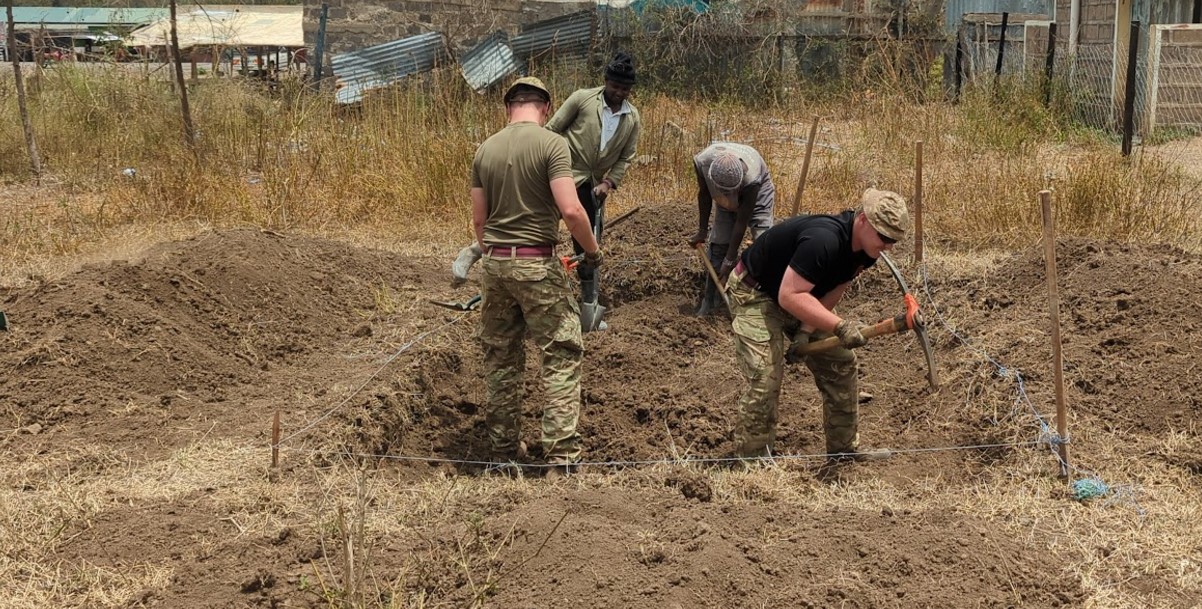
Kenyan lawyer Kelvin Kubai represents 10 biracial children, some under 18, aiming to take their cases to Britain.
Margaret Wandia was a young woman working at a bar in rural Kenya when she met a British soldier during his training near her community. The brief relationship left her with a biracial child and with no support.
“I found out about my pregnancy after three months. I had to take care of the pregnancy, but he was nowhere in sight,” she told Africanews with AP.
More To Read
- Report links Batuk soldiers to rape, abuse and impunity in Laikipia and Samburu
- BATUK: How 1964 pact shaped Kenya’s military partnership with UK
- UK reaffirms support for justice in Agnes Wanjiru case in response to Kenyan inquiry
- Seven Kenyan men prove paternity case against BATUK soldiers
- FIDA-Kenya presses Kenya, UK to extradite soldier in Agnes Wanjiru murder case
- Explained: Kenya’s path to extraditing Agnes Wanjiru murder suspect
Wandia discovered her child was biracial only upon giving birth, and raising him in a conservative rural setting proved challenging.
Louise Gitonga, her 26-year-old son, is facing significant challenges due to his struggles with unemployment, substance abuse, and feelings of exclusion.
“I have an identity crisis that has driven me to alcoholism,” he admitted.
Gitonga’s lighter skin made him a target of discrimination, with peers labelling him “white” or “albino”. He yearns to locate his father and comprehend the reasons behind his exclusion.
“These names cause me immense pain and hurt,” he said. “I would like to know who my real father is and why he left me to struggle.”
Many other biracial children born to Kenyan women and British soldiers echo Gitonga's story.
These children, often called "children of the camp", face identity crises, societal rejection, and limited opportunities.
The issue dates back decades, including stories like that of 68-year-old David Mwangi Macharia, who was born during Kenya’s Mau Mau uprising.
"In Kenya, people often refer to me as 'British', causing me to feel uncertain about my position in the world," Macharia says. Despite the label, he has no access to British citizenship.
Struggle for recognition
For younger women like Jenerica Namoru, the struggle for recognition and support persists. Namoru had a child with a British soldier who initially acknowledged the child but later cut off communication and refused support.
Obstacles impeded her attempts to pursue legal recourse.
"The commander told me they wouldn't listen to me whenever I visited the BATUK (British Army Training Unit Kenya) offices," she said.
Namoru now fights for her daughter’s future, armed with legal determination.
Efforts are underway to address the plight of these children.
Kenyan lawyer Kelvin Kubai represents 10 biracial children, some under 18, aiming to take their cases to Britain.
“These children are prisoners of an identity they did not choose for themselves,” said Kubai, who is working to conduct DNA tests and secure citizenship for them.
Collaborating with a British law firm, Kubai hopes to hold absent fathers accountable and provide the children with a path to recognition and support.
Broader concerns about British military conduct in Kenya, including allegations of sexual assault, compound the issue.
Marion Mutugi, a commissioner with the Kenya National Commission on Human Rights, called on British authorities to intervene.
“Goodwill from the British government is essential,” she said. “Investigate, do paternity studies, and resolve this matter once and for all.”
Top Stories Today




